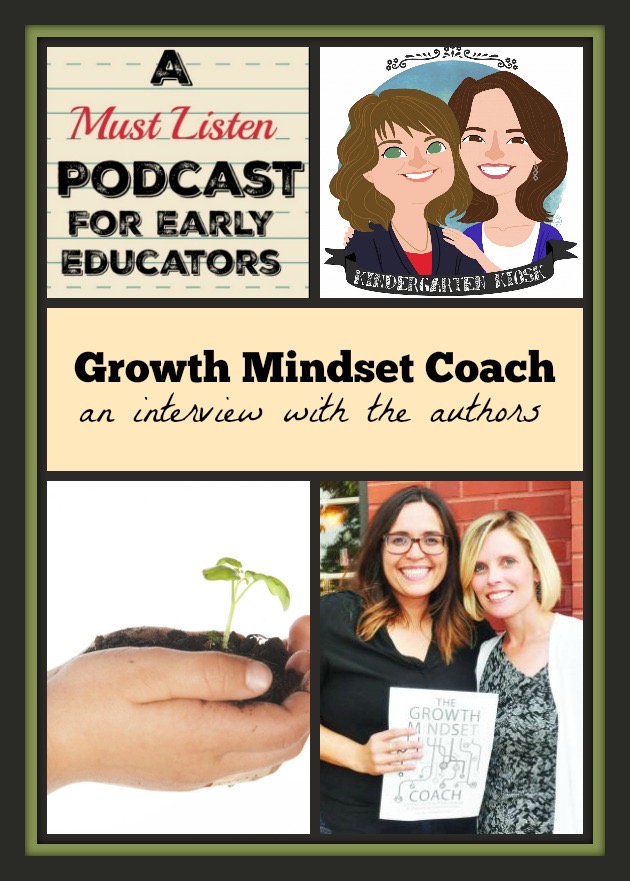Simplifying May Protect a Child's Mental Health
My husband and I just went through the process of dividing my Mother-in-Law’s things between her children in preparation of her living in a nursing home. All I could think as we sorted through it was that, in the end, it was just stuff. Why do we need it all? The experience encouraged me to simplify my life; eliminating that extra stuff that is filling spaces in my house, not filling spaces in my heart.
A few of my most precious childhood “things,” a half century later.
While decluttering my own life, I think about the childhood of students I serve and compare it to my own childhood. I remember having about 4 dresses, one pair of shoes, a few pair of socks and undergarments, one sweater and one coat. As far as toys go, I had one barbie doll, a Raggedy Ann, a tape player (because all I ever really wanted to be when I grew up was a radio DJ), a couple board games, and a few precious books. If I wanted more toys, I created them out of paper, pencils, sticks, or whatever else I could find. I was immersed in childhood, I ran, I climbed, I used up lots of band-aides and I explored the great outdoors.
I was reminded that childhood has not changed that much since my days when I watched my Granddaughter at a restaurant recently. Without any toys or tablets to keep her entertained, she took a pair of plastic forks and turned them into dancing people that performed for the family on the table. However, the world children are growing up in is changing. Now environments are artificially created for children though hours-upon-hours of sedentary video game playing, lavishly designed play-dates and classes, an arsenal of toys, clothes, stuff, and more stuff. According to a book by Kim John Payne, Simplicity Parenting, this world of too much is propelling children into the realm of disorder. A child who is systematic may be pushed into obsessive behaviors, a dreamy child may lose the ability to focus, and a child that jumps from thing-to-thing, game-to-game, task-to-task, ultimately looses concentration and whole brain function.
An interesting study was conducted by Payne in which he simplified the lives of children with attention deficit disorders. Within four months a staggering 68% went from being clinically dysfunctional to clinically functional. These children also increased in cognitive aptitude by 37%. This study demonstrates in a very real way that for children less is more! They need time to create their own activities, time to sit by a creek and meditate, time to watch an animal, time to read a book, time to gaze at the clouds, or the stars, time to think, explore, create. Children need to be “…immersed deeply and lost in their wild imaginations:” (Payne 2016).
Simplifying and filtering the unnecessary protects childhood. Yes, we can provide children with enrichment, opportunity, and possessions, but these things should be done with purpose and thought. Childhood serves a purpose! It is there for a reason. Childhood is the time to protect young minds from the adultness of our complex society; it is a time to protect little minds so they have the opportunity to grow into healthy and happy adults.
It’s a beautiful world! Give children the space, time, and opportunity to enjoy. Declutter the too-muchness in a child’s life. This will give our children a resiliency that will help them create genuine peace in their hearts.
So, as I personally load another box for Good Will, I plan to stick my feet in a puddle and enjoy this beautiful world a little less encumbered.






